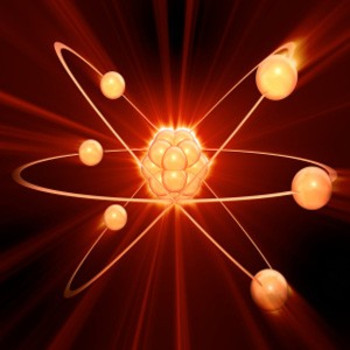How do the antibodies destroy the substance produced by an antigen?
1 Answer
Antibodies have many modes of action.
Explanation:
First of all a clarification of your questions. Antigens are molecules the immune system considers 'foreign' which elicits an immune response. The antigens can be part of or produced by pathogens such as bacteria and viruses. The antigens themselves do not produce any 'substance' as you state in the question. Antibodies are made to recognize specific (parts of) antigens.
Antibodies can act in various ways, they usually act to neutralize or block pathogens and they act as signals for other immune cells. The next image shows the major modes of actions and are explained shortly below.
Cell toxicity
The antibody binds to the antigen on an intruder or an abnormal/ infected cell (the pink cell in the image). This acts as a flag for other immune cells that can produce chemicals that kill the unwanted target cell.
Phagocytosis
This is quite similar to the previous mechanism. Only in this case the antibody bound to an antigen recruits phagocytes. These phagocytes can engulf the unwanted cell and degrade it.
Opsonization
The antibody coats the surface of a bacterium (green) making it easier for phagocytic cells to attack the intruder.
Activation of complement
The antibody binds to an abnormal / infected cell which activates the complement system. Complement proteins can kill the cell immediately or it (again) attracts phagocytes.
Crosstalk with receptor signaling
In this case the antibodies can intercept the antigens preventing them from binding to host cells. Antibodies can also bind to receptors of abnormal cells or pathogens to shut down the communication and prevent further spreading of the infection.
Virus neutralization
Viruses have proteins on their surface which they need to enter the host cell in order to replicate and spread. Antibodies can bind to viruses making them harmless.

